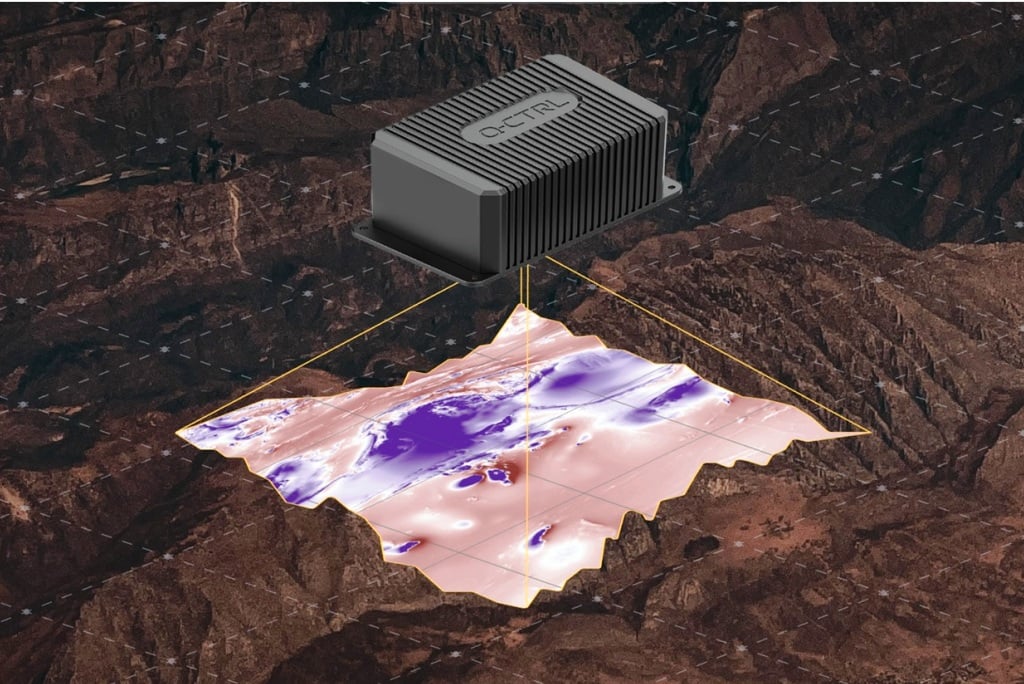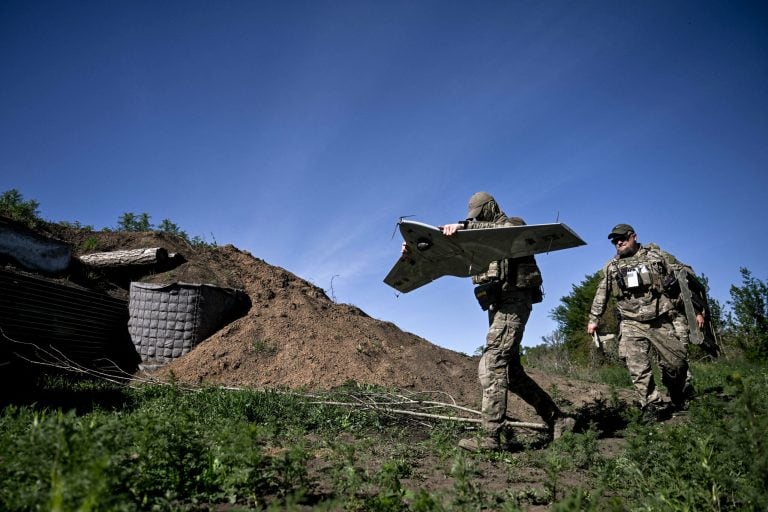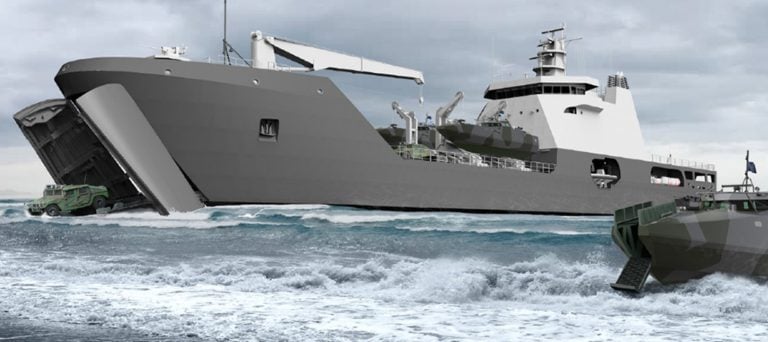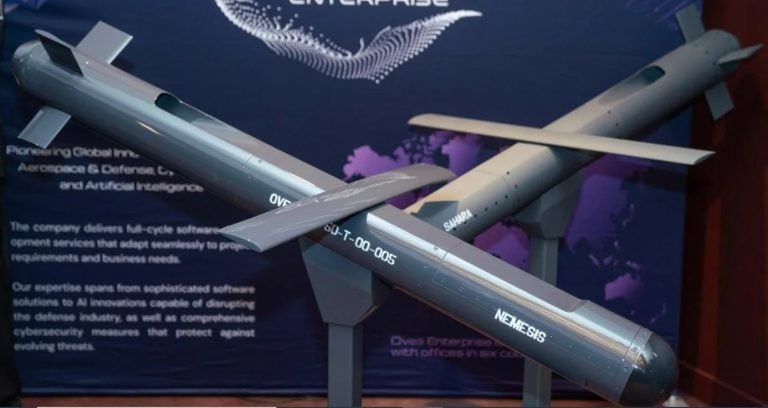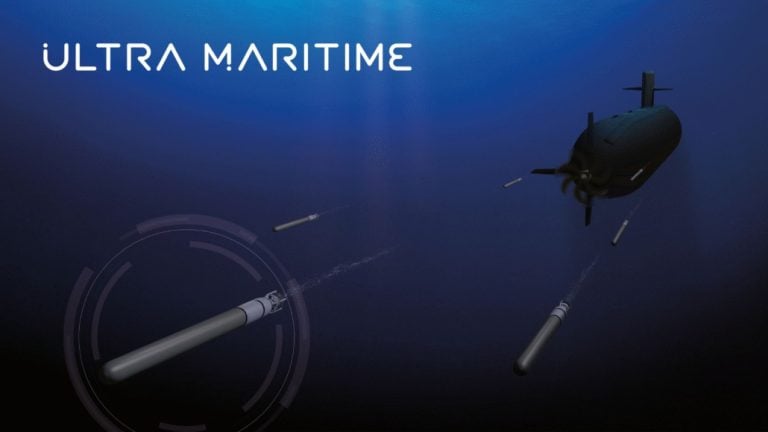The US Defense Advanced Research Projects Agency (DARPA) has awarded Australian firm Q-CTRL contracts totaling $24.4 million to improve quantum sensing tools for military vehicles. This initiative aims to leverage quantum technologies to facilitate navigation in environments where satellite signals are compromised due to jamming, spoofing, or signal denial.
As part of this project, Q-CTRL will develop next-generation quantum navigation sensors, building on prior field trials conducted in various settings, including airborne, maritime, and ground environments. These advanced sensors will utilize AI-enhanced software that enables them to function reliably on moving military platforms without the need for traditional shielding or isolation, addressing key challenges related to accuracy in dynamic conditions.
Lockheed Martin will serve as a subcontractor for this venture, contributing its expertise in GPS and quantum technologies to bolster the development of these sensors. The initiative falls under DARPA’s Robust Quantum Sensors (RoQS) program, which aims to fast-track the establishment, testing, and validation of quantum sensors applicable to defense scenarios.
Quantum navigation sensors boast high precision in controlled settings; however, their performance can deteriorate on mobile platforms due to mechanical vibrations and electromagnetic interference. The RoQS program specifically focuses on designing sensors that can sustain accuracy and stability even in high-stress environments.
Q-CTRL has been making strides in quantum navigation technologies through a series of field trials and defense contracts. In July, the company tested its software-enhanced quantum sensors with the Royal Australian Navy aboard the MV Sycamore, a support vessel. During this trial, the sensors operated continuously for 144 hours, effectively navigating by detecting subtle variations in the Earth’s gravity, independent of GPS signals.
Earlier in the year, Q-CTRL and Lockheed Martin secured a contract from the US Department of Defense’s Defense Innovation Unit to prototype a quantum-enabled inertial navigation system named QuINS. This technology leverages motion-sensitive quantum sensors to determine a platform’s position, speed, and orientation, entirely eliminating the reliance on satellite navigation systems.
